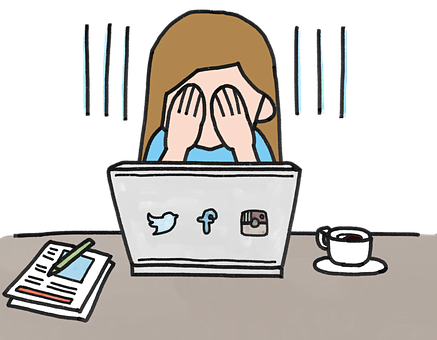Social media has become much more than just a platform for connecting with friends and family. It is a stage for one to express opinions, share content, and build a brand and for organizations to connect with their consumers. The more famous someone becomes, the more those posts are scrutinized and can be viewed as the opinion of their employer.
Seems like every day there’s another celebrity called out for a tweet they made years ago. James Gunn was let go from directing Guardians of the Galaxy 3, after offensive tweets from 2010 were uncovered. Kevin Hart stepped down from hosting the Academy Awards after homophobic tweets from almost a decade ago resurfaced. Nick Vallelonga, the screenwriter of Green Book which just won multiple Golden Globe awards, had Islamophobic tweets dug up from 2015 that he is now apologizing for. At the time, their tweets were just a representation of their own opinions, but are now a reflection of the organizations they work for.
Most organizations don’t have celebrities working for them so these cases are not the norm, but it doesn’t mean HR professionals should ignore social media. Having a policy that sets guidelines and expectations regarding the use of social media can save you from an employee relations headache. It’s important to determine how in depth the policy needs to be by taking into account the organization’s brand, culture, and industry.
For example, a K-12 school may need a more robust policy that specifically speaks to posting images with kids or their schoolwork. One wrong post can easily violate student protection laws like FERPA. That policy may also want to outline expectations around students and teachers friending each other on social media. Alternatively, a tech organization may want to set guidelines around sharing any details about projects as it may lead to product leaks.
A risk assessment of how employees’ use of social media can impact the organization will provide the guidance needed to create the right policy or guidelines. HR professionals should partner with senior leadership and legal counsel to ensure the risk assessment explores as many risks as possible. It’s better to be prepared for the worst than to be faced with a situation you could have prevented.
Additionally, this may be a good time to look at any recruitment practices that include social media as part of the background search. If your practices are going to include a social media search, establish standards for what is not acceptable so those decisions are made consistently. It can easily open your organization to lawsuits over discriminatory hiring practices if hiring decisions are not consistent. Whether or not those discriminatory acts are intentional or not, your organization is still liable for the outcomes. Disparate treatment vs disparate impact is HR 101.
Social media isn’t going anywhere and is only becoming more ingrained within our society. Creating a policy isn’t the most fun HR task, but it can definitely mitigate risk, which can save time, money, and resources in the long run.
Managing your HR data doesn’t have to be as painful as creating a social media policy. An HR dashboard can manage all your data and analytics for you. It’ll automatically calculate your metrics for you so you can skip straight to the analytics. Sign up today for a free demo of our automated HR dashboard.














